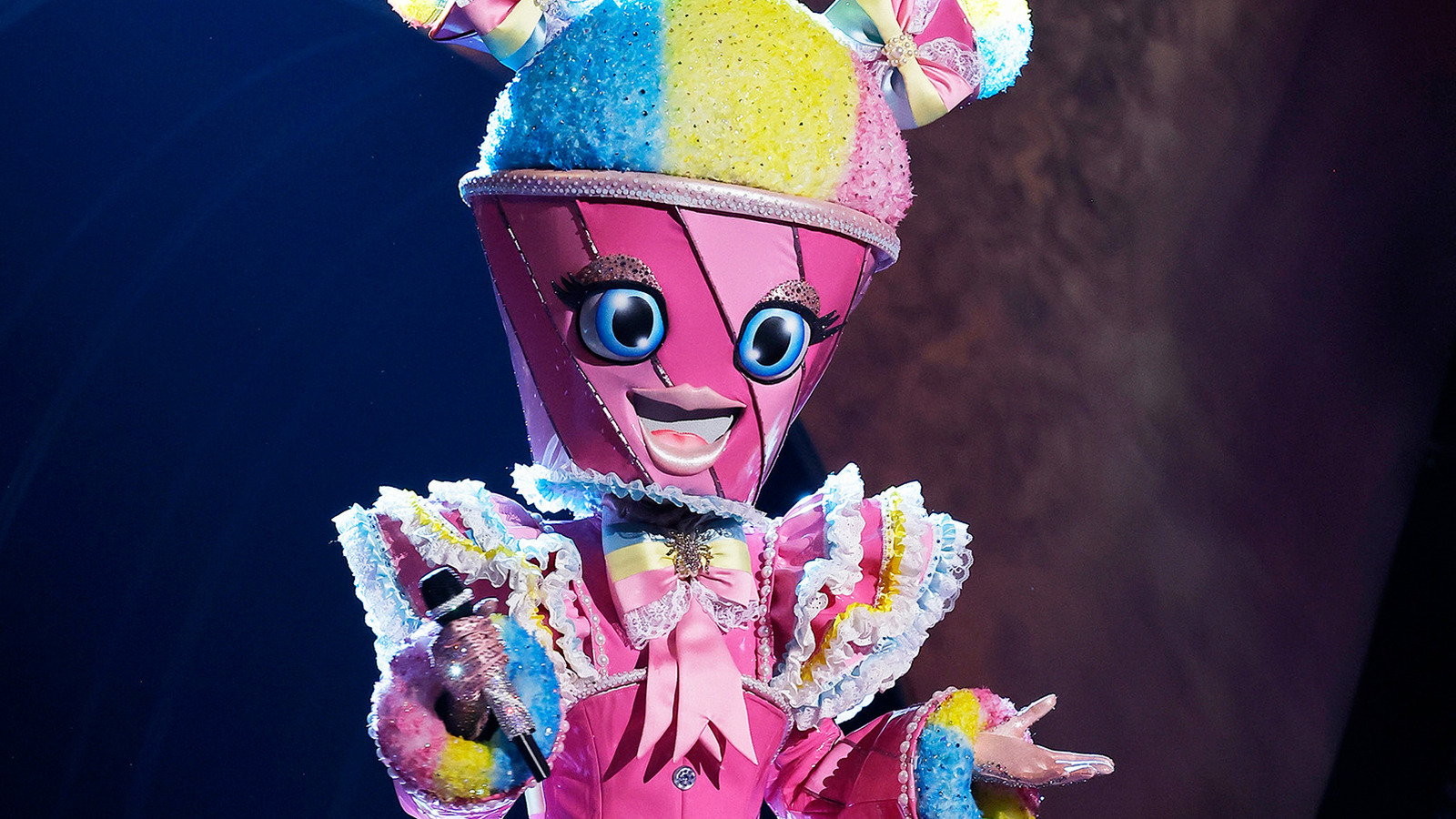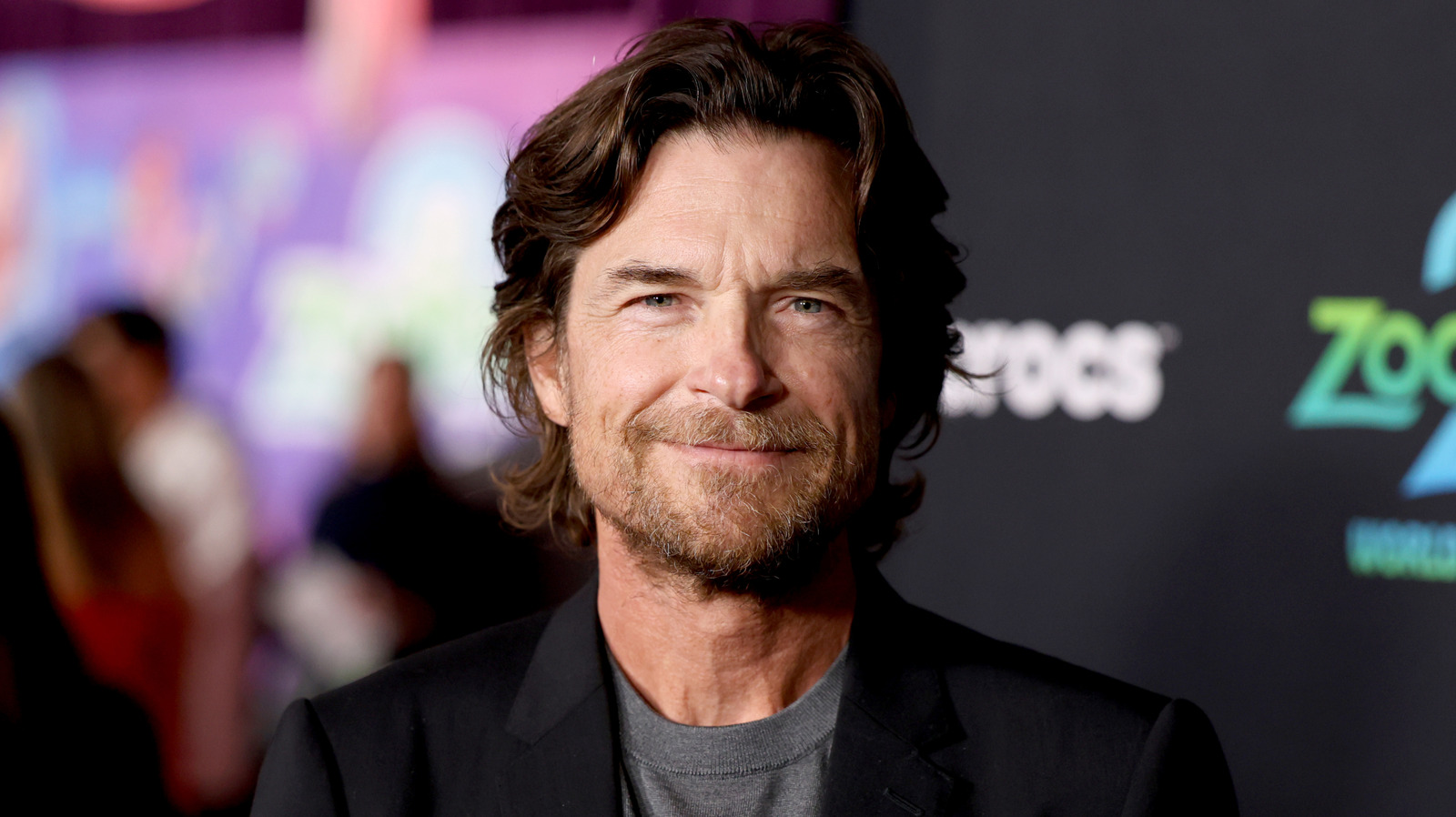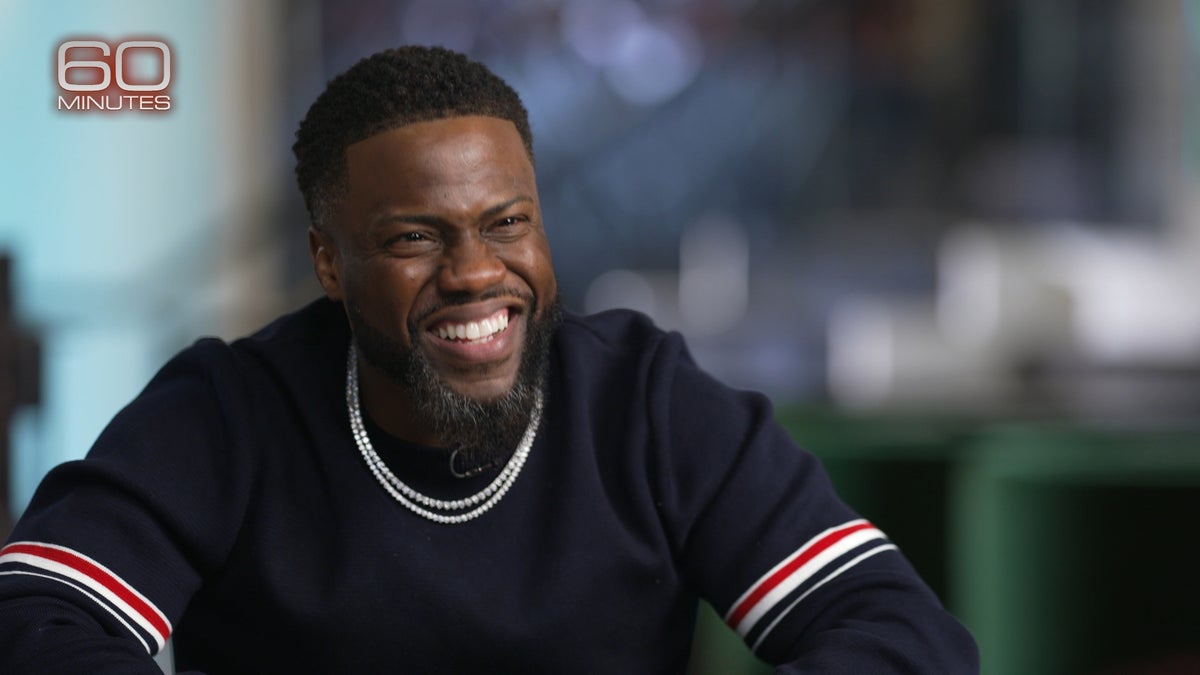You don’t need a crystal ball to accurately predict what this summer’s biggest TV event will be.
The 2024 Olympics are sure to overshadow everything else on television when they debut on July 26.
The quadrennial competition always captures the nation’s attention like few other events, which is why networks are willing to shell out major bucks for the broadcast rights.

But these days, there are very few guarantees of success in the world of television, as potential viewers have more entertainment options than ever before.
Hell, until last year, even Super Bowl ratings were on a steady decline. (The 2024 broadcast broke viewership records, thanks in no small part to the presence of Taylor Swift.)
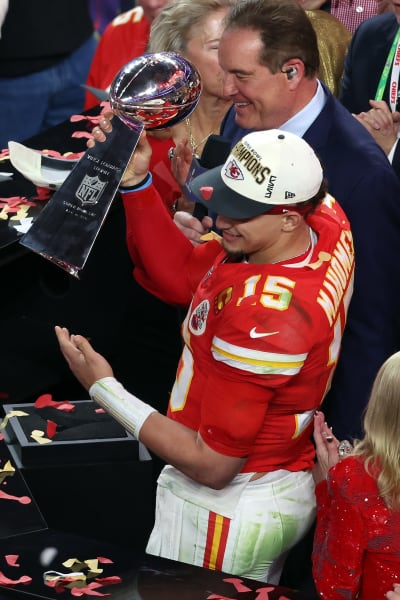
The situation has put networks like NBC in a difficult position:
Historically successful properties like the Olympics are more in demand than ever, as streamers and broadcast outlets fight over a TV audience that seems to shrink every year.
Those properties are delivering smaller ratings these days, but they represent a much smaller risk than, say, a new scripted series.
And so, when it shelled out $7.8 billion for the rights to the Games through 2032, NBC knew that it was paying an unprecedented sum for a product of diminishing value.
But execs don’t stay in power by declining risks any more than they do so by accepting losses.
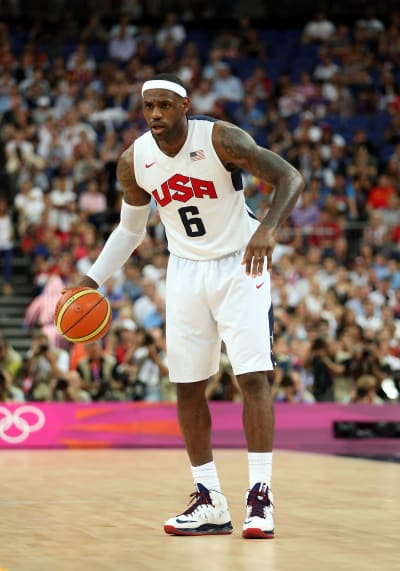
Thus, NBC/Universal CEO Mike Cavanagh is going into this summer with a plan for how to secure a sizable return on his network’s Olympic-sized investment.
According to a new report from Variety, NBC is pulling out all the stops — and experimenting with some radically different approaches — to ensure maximum profitability for 7,000 hours of planned coverage across the network’s platforms.
NBC first secured the rights to the Olympics way back in 1988, but execs promise that viewers who tune in this year will witness a kind of coverage they’ve never seen before.
The network’s hyper-modern, “user-friendly” approach will feature contributions by celebrities ranging from Peyton Manning to Snoop Dogg.
And it seems the pace will be designed for attention spans of the TikTok age.
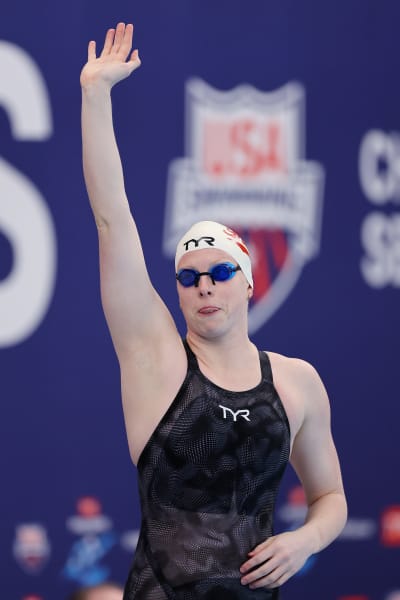
Molly Solomon — an NBC executive producer who’s spearheading the network’s Olympics coverage — has instructed her team to “be ruthless.”
She tells Variety that “every second does count” in today’s hyper-competitive TV market.
Solomon says that her team has instructed to just “kill it” if they believe that any segment has grown boring.
“This kind of celebrity wouldn’t have been part of NBC Olympics coverage of the past. Now it’s one of the foundational elements,” says Rick Cordella, president of NBC Sports.
“We’ve got to be innovating, trying things differently, trying to match where the media world is in 2024.”
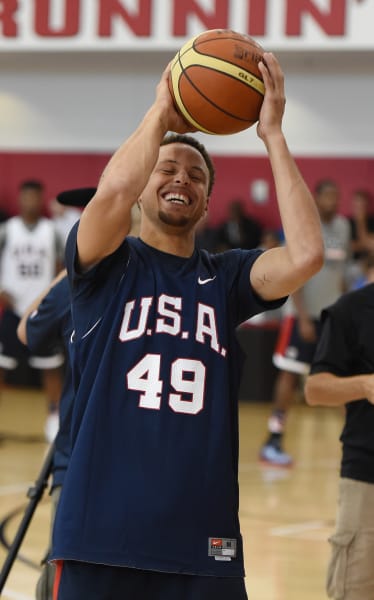
Sports is one of the few areas in which NBC still has a leg up on some of its competitors.
CBS is dominating the world of scripted TV, with ABC coming in second, thanks to stalwarts like Grey’s Anatomy and 9-1-1.
While NBC is saved from last place thanks in part to franchises such as Law & Order and One Chicago, if the network returns to first place at any point in the next couple of years, it will likely do so on the strength of its award-winning sports division and major events like the Olympics.
The problem is, social media has affected the way people watch the Olympics in much the same way that it changed how folks consume late-night talk shows and sketch comedy.
While The Tonight Show and SNL were once regarded as appointment viewing, the internet created a situation in which viewers could enjoy the standout portions the next day without having to sift through all the filler.
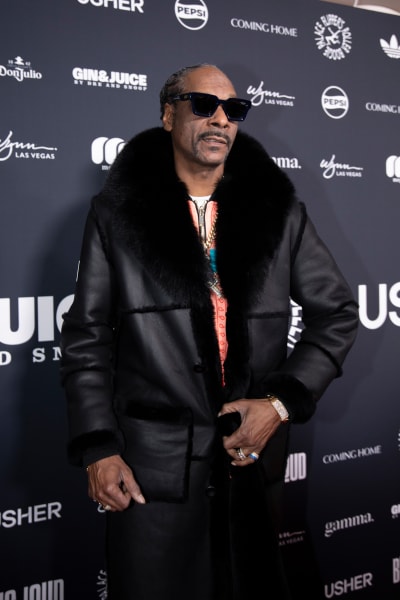
It’s harder than ever to get viewers (particularly younger, target demo viewers) to tune into three hours of coverage for sporting events that take place in short bursts, like Olympic swimming or the Kentucky Derby (another property for which NBC shells out big bucks).
Enter Snoop Dogg and Peyton Manning, who have apparently been recruited to make the downtime more appealing.
We can’t imagine that any non-athlete celeb outside of Taylor Swift could single-handedly move the needle for something like the network coverage of the Olympics, but who knows?
Maybe Snoop’s hard-hitting segment on the controversy surrounding performance-enhancing drugs (complete with extensive sampling of said substances) will liven up NBC’s coverage and attract a new generation of fans.
What seems more likely, however, is that the network will need a compelling, ongoing narrative — a tight medal count race, a record-chasing performance from someone like US swimmer Katie Ledecky — in order to justify the expense of this year’s exclusive rights.
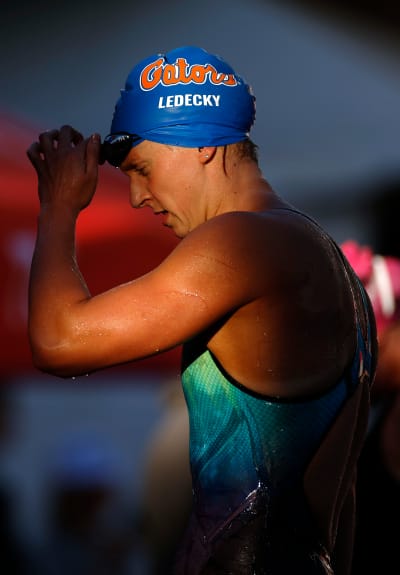
In an age in which 93 of last year’s top 100 broadcasts were football games, sports is by far the broadcasting world’s sweetest plum.
And NBC has demonstrated a talent for cashing on the thrill of victory and the agony of defeat, most recently with a risky gambit in which they became the first media outlet to air an NFL playoff game exclusively on a streaming platform (Peacock).
Fans grumbled, but the move paid off with a sharp spike in subscriptions.
Now, the network is looking to repeat that success with a radical new approach to Olympics coverage. Once again, it’s risky, but in today’s overcrowded media landscape, fortune favors the bold.
What do you think, TV fanatics? Are you looking forward to a more modern take on Olympic coverage? Hit the comments section below to share your thoughts.
Edit Delete
Tyler Johnson is an Associate Editor for TV Fanatic and the other Mediavine O&O sites. In his spare time, he enjoys reading, cooking, and, of course, watching TV. You can Follow him on X and email him here at TV Fanatic.


